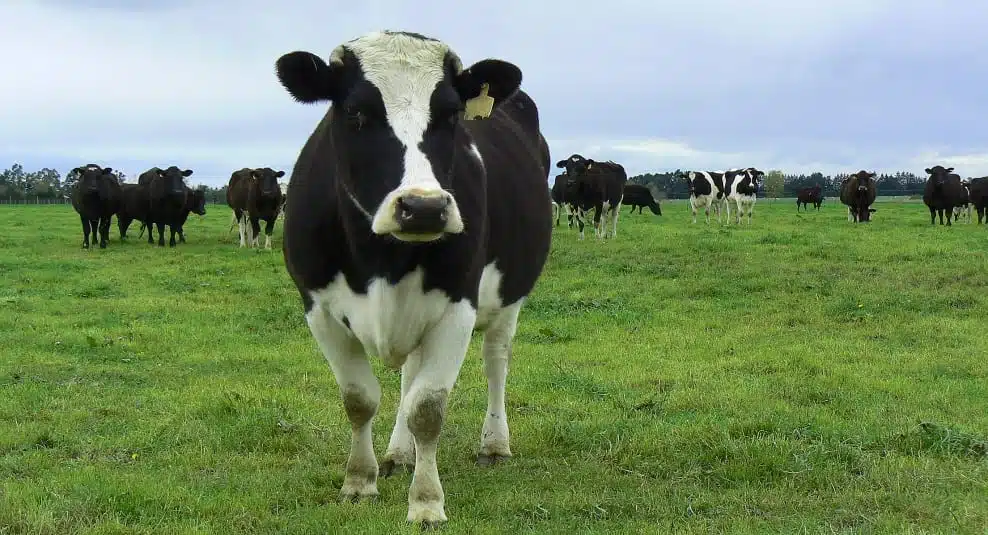In early 2024, two Washington state residents fell ill from similar strains of Shiga toxin-producing E. coli (STEC). The common factor? Before getting sick, each consumed raw milk from the Cozy Vale Creamery in Tenino, Washington.
Although praised by some for its perceived health benefits, raw milk poses a significant risk for STEC infection because it is not pasteurized to kill germs. STEC and other harmful microorganisms are found in cow manure and can potentially contaminate the milk during the production process.
Cozy Vale Creamery initiated a recall of its raw milk and cream products on February 16, 2024 due to STEC contamination. Interestingly, the two residents were sickened by a different STEC strain from the raw milk covered in the recall. Fortunately, no illnesses were reported at that time in connection with the recalled products.
However, the situation evolved and on March 19, 2024, Cozy Vale Creamery initiated a second recall of its raw milk and cream products after STEC contamination was found in another sample. As before, the STEC strain in this new sample did not match the one causing the recent illnesses and no illnesses were linked to the recalled products at that time.
But the story didn’t end there. On April 3, 2024 it was announced that a third Washington resident had been diagnosed with STEC infection in early March after drinking Cozy Vale Creamery milk. Further investigation revealed that this STEC strain was similar to the one found in the sample that prompted the March 18, 2024 recall.
The outbreak affected Washington residents from three counties: Grays Harbor, Pierce, and Thurston. The recalled products were sold in gallon, half-gallon, quart, and pint containers in Western Washington. Consumers have been alerted to return any affected product or to dispose of them promptly. Retailers were asked to remove all recalled items and sanitize any potentially contaminated surfaces.
The Washington State Department of Health (DOH) continues to investigate as additional links to products may emerge as new cases are reported.
According to one national food safety attorney, “This outbreak underscores the importance of food safety practices, especially when it comes to raw milk consumption. While some consumers prefer raw milk for its perceived benefits, it’s crucial to recognize the associated risks.” Pasteurization remains a critical step in preventing foodborne illnesses, and health authorities advise against consuming raw milk due to the potential health hazards.

